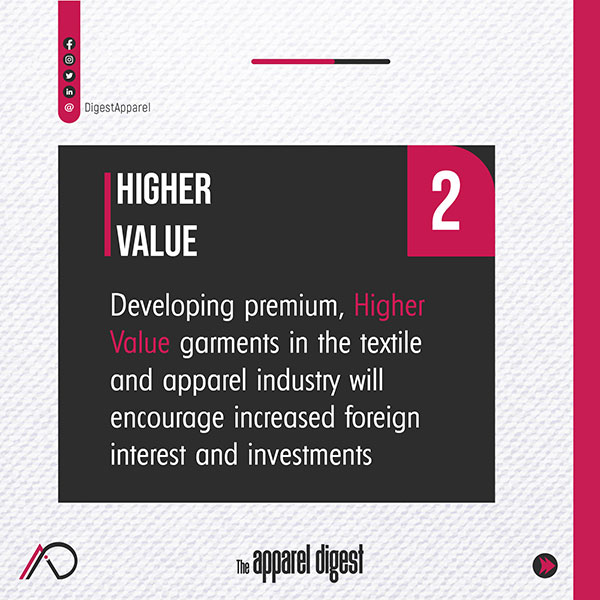Better Cotton, the world’s largest cotton sustainability movement, and Cotton Egypt Association (CEA), the organization in charge of promoting and preserving Egyptian cotton throughout the world, have announced a new strategic agreement to grow the Better Cotton program in Egypt.
The Egyptian Cotton Project, managed by the United Nations Industrial Development Organization (UNIDO), and sponsored by the Italian Agency for Development Cooperation and the International Islamic Trade Finance Corporation (ITFC), first inaugurated the initiative in 2020.

Figure: The sustainability and quality of Egyptian cotton production ensures fair working conditions for farmers.
This collaboration aims to further enhance the sustainability and quality of Egyptian cotton production while ensuring fair working conditions for farmers, Better Cotton, and CEA said a press release.
Egyptian cotton is known around the world for its superior quality, suppleness, and durability. It has a long history reaching back to the nineteenth century and has come to represent luxury and excellence in the textile business.
However, concerns such as climate change, water scarcity, and unpredictable market needs have posed serious risks to the sustainability of Egyptian cotton growing in recent years.
Recognizing the necessity for proactive actions to protect Egyptian cotton’s future, CEA has joined up with Better Cotton in Egypt. Both sides will collaborate through this renewed strategic collaboration to enhance the use of sustainable agricultural techniques, give additional training and support to farmers, and assure compliance with stringent environmental and social requirements.
Khaled Schuman, Executive Director, of CEA “We are excited about this strategic partnership with Better Cotton in Egypt.”
By combining our expertise and resources, we can drive positive change in Egyptian cotton farming practices and secure a sustainable future for our industry. This collaboration aligns perfectly with our vision to globally authenticate the legacy of Egyptian cotton, he added.
By using these measures, Egyptian cotton farmers will be able to reduce water consumption, use fewer chemical pesticides, and improve soil health, resulting in more sustainable and resilient cotton output.
Furthermore, this collaboration will allow CEA to tap into Better Cotton’s large network of industry stakeholders, which includes brands, retailers, and textile mills committed to procuring sustainable cotton. This agreement will expand market access for Egyptian cotton products, ensuring a fair return for farmers and supporting the Egyptian textile industry’s growth.
Better Cotton and CEA are confident that this strategic partnership will contribute to the long-term viability and competitiveness of Egyptian cotton, while also addressing the growing demand for sustainable and ethically produced textiles.

